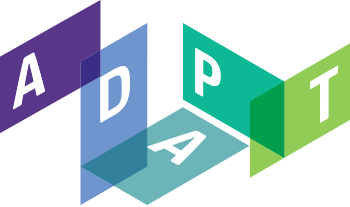Robin Berjon - Consent of the Governed
view recorded keynote and article
Informed consent is rooted in human subjects research where it is used to operationalise autonomy. From there it was transplanted into a computing context but in the process it became separated from key assumptions that makes it work for research such an institutional review board to weed out unethical use or rare and voluntary participation. The result is a procedural ghost of consent that undermines personal autonomy irrespective of what user interface constraints are imposed on it, and a hyper-individualistic approach to privacy that is poorly adapted to life in a complex digital society.
All is not dark however and there is a future for consent built for people rather than for homo economicus. We can use the legal basis of consent as an implementation brick and evolve consent towards collective, socialised decisionmaking: consent of the governed.
About the Keynote Speaker
Robin is a `core web person', well known as the editor of HTML5 specification, experienced participant within W3C, co-author of Global Privacy Control specification, and current VP for data governance at New York Times. Robin was a panelist at the 1st edition of the COnSeNT workshop.





